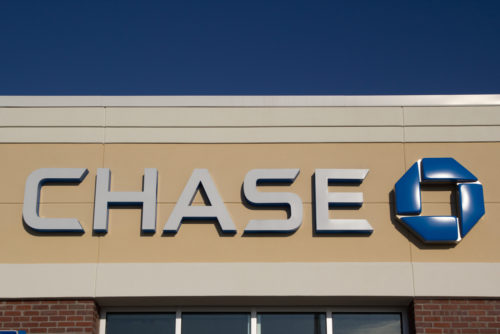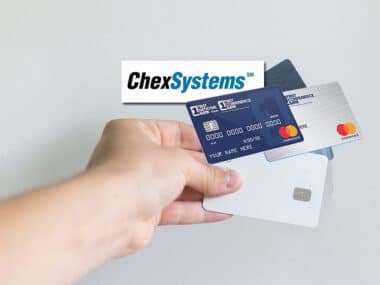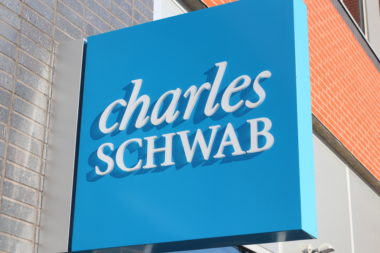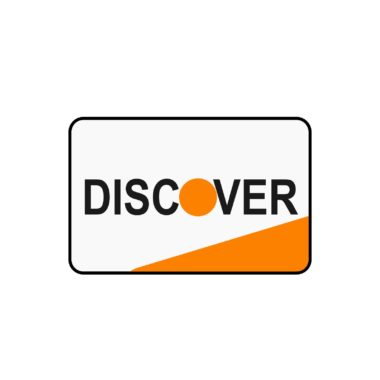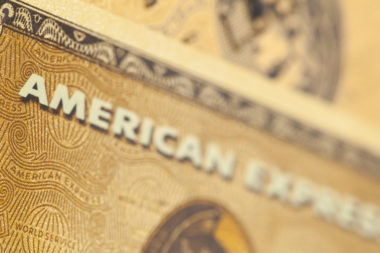When it comes to sheer variety of account options and financial products, it’s hard to beat Chase. From mortgages and auto loans to one of the largest selections of credit card products in the industry, Chase also offers multiple savings and checking account products. They offer the largest network of branches and ATMs in the country, making it easy to bank in person as well as online.
Despite the variety of products and convenience of Chase, there are some drawbacks to banking with them. Their interest rates aren’t among the highest, and steep fees can add up quickly. If you’re in the market for a new bank account, here are some important things to know about banking with Chase.
Table of Contents
Chase Bank Services
Although Chase has nearly 5,000 branch offices, they are only located in 26 states. Therefore, if you don’t live near one, you’ll have to conduct all of your banking online. The bank offers a full-featured mobile app that makes this easy to do. Overall, Chase makes it easy to access your money, with more than 16,000 ATMs nationwide.
You also have multiple account options to select from, including checking, savings, and CD accounts.
Chase CD
Chase offers certificates of deposit (CD) products to existing customers who have a Chase checking account. Although the bank boasts a variety of CD terms ranging from one to 120 months, the interest rates are much lower than average. Deposits up to $9,999.99 only earn 0.2% on a one-month CD, and 0.75% on a 120-month CD.
Even large deposits of up to $250,000 only earn a maximum of 1.01% interest. Chase requires a minimum $1,000 deposit on CDs, and charges early withdrawal penalties of up to 2% depending on the CD term.
Only CDs with a deposit of up to $1,000 can be opened online. To make a larger deposit, you must visit a Chase branch.
Chase Savings Account
Chase offers two savings account options: Chase Savings and Chase Premier Savings. The Chase Savings account is a basic savings account, and charges a $5 monthly maintenance fee.
However, that fee can be waived if:
- You maintain a daily balance of $300 or more;
- You ‘re under 18;
- You have the account linked to certain checking account types;
- You make at least $25 in Autosave or other automatic transactions from your linked Chase checking account.
Chase also charges a $5 transaction fee for every withdrawal made from the savings account in excess of six per month. The account does earn interest, but only at a 0.01% annual percentage yield (APY).
For a higher interest rate, the Chase Premier Savings account is an option. This account comes with a $25 monthly service fee unless you maintain a daily balance of $15,000 or link the account to a Chase Premier Plus or Sapphire Account. The standard interest rate on these accounts is still 0.01%, but you also qualify for relationship rates when you link a Premier Plus or Sapphire checking account and make five transactions per month with that account. Relationship rates are based on the account balance, and range from 0.04% to 0.11%.
Chase Premier Savings customers also pay the $5 transaction fee on withdrawals or transfers in excess of six per month. However, that fee is waived if your balance is $15,000 or more at the time of the transaction.
Chase Total Business Checking
If you are a small business owner, Chase offers the Total Business Checking account. This account offers up to 100 transactions per month without a fee, including up to $5,000 in cash deposits. You may also choose from a variety of business ATM and debit cards, including a deposit-only option, so you can give employees access to cash.
The monthly maintenance fee for Total Business Checking accounts is $15, or $12 if you opt for paperless statements. However, that fee is waived if you maintain a $1,500 daily balance, or link the account to a personal Private Client Checking or Sapphire checking account.
Chase Total Checking
Chase’s most popular checking account option is the Chase Total Checking account. This account does not earn interest, but it has the lowest monthly service fee of any of the bank’s checking accounts. Customers are charged $12 monthly for this account, unless they maintain a $1,500 daily balance, make $500 or more in direct deposits each month, or maintain a combined balance of $5,000 across all of their linked Chase accounts.
The Total Checking account is a good no-frills option if you don’t tend to maintain very high balances. Chase’s other checking account options (the Chase Premier Plus and Chase Sapphire Checking) charge a higher monthly service fee and have more stringent requirements for waiving that fee. However, those accounts also pay interest, and waive other fees, such as ATM surcharges when you don’t use a Chase ATM.
All accounts are subject to other fees, including overdraft fees. Chase charges $34 per overdraft, up to $102 per day. You may also be subject to fees for foreign transactions, wire transfers, and some transactions conducted at branch offices. However, Chase does offer generous bonuses for opening new accounts. Currently, if you open a new checking account and set up direct deposit, you’ll earn a $200 bonus.
Pros of Chase Bank
Banking with Chase does offer some significant benefits, including:
- Bonuses for opening accounts;
- Huge ATM network;
- Easily accessible branch locations;
- Online and mobile banking options;
- Many fees can be easily avoided;
- Potential to earn higher interest rates with multiple accounts;
- Highly rated customer service.
Cons of Chase Bank
For all of the pros of banking with Chase, there are some downsides to consider before opening an account.
- Low interest rates on savings products;
- Highest interest rates can be challenging to get;
- High monthly account service fees;
- Fees for using non-Chase ATMs;
- Branches are only in 26 states;
- High minimum balance requirements to avoid fees.
Is Chase Safe?
Chase is a well-established bank and continues to expand. Customers are generally happy with their banking experience at Chase. The bank adheres to industry standards when it comes to security, using 128-bit secure sockets layer (SSL) encryption to protect your personal information. The mobile app also employs multi-factor authentication.
As a member of FDIC, Chase insures deposits up to $250,000. Customers can also sign up for account alerts to keep tabs on their accounts and immediately alert the bank to suspicious transactions.
Image Source: https://depositphotos.com/
